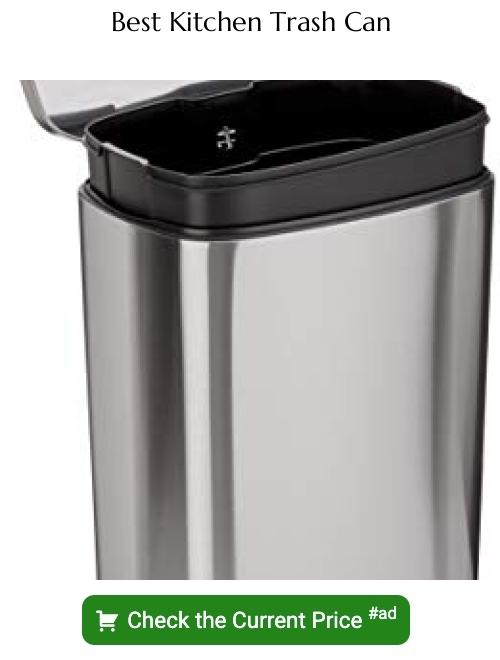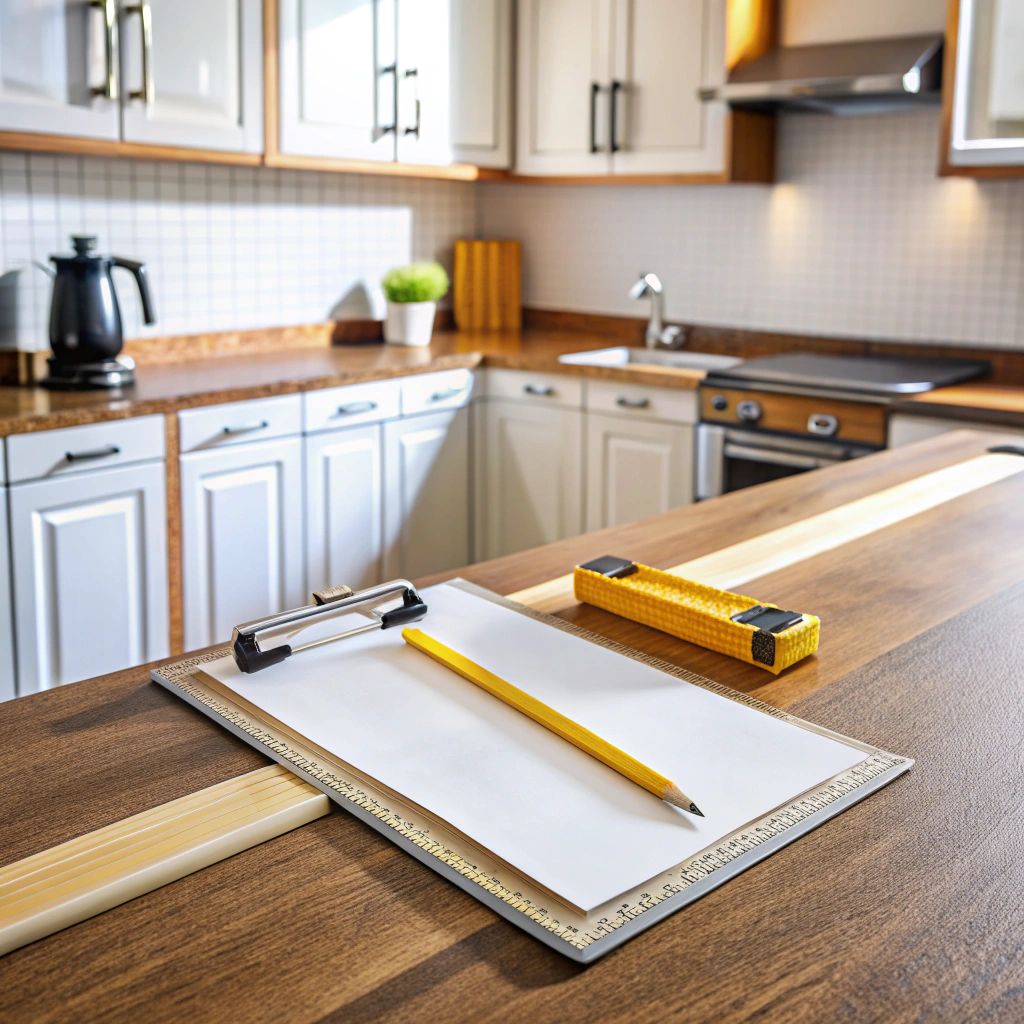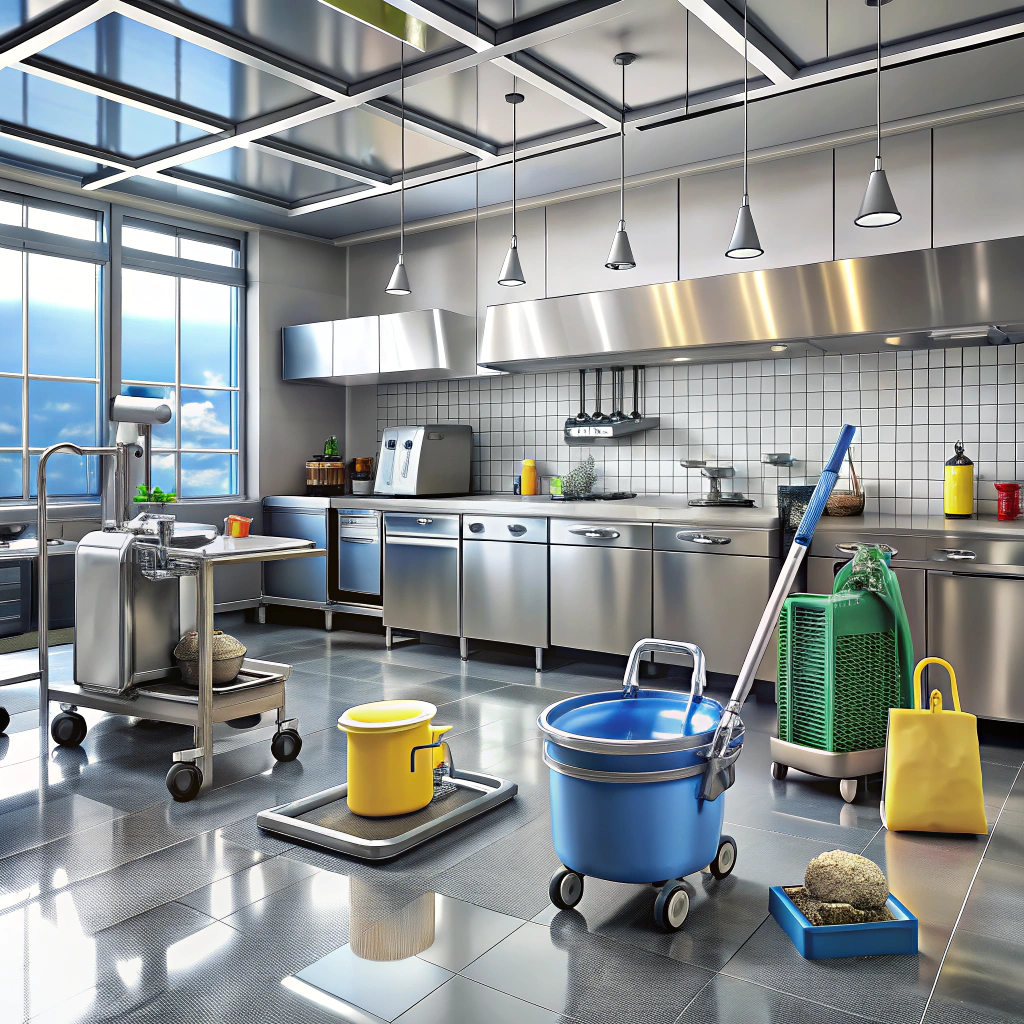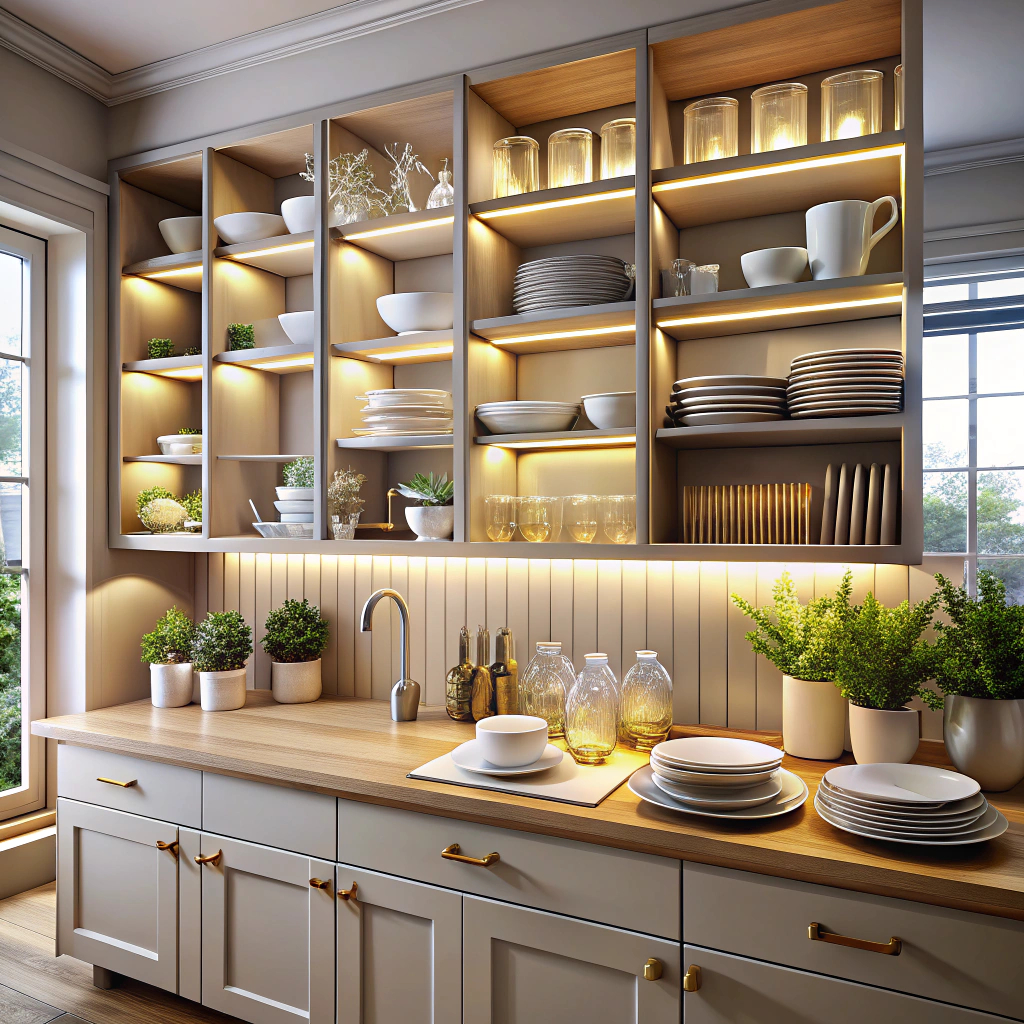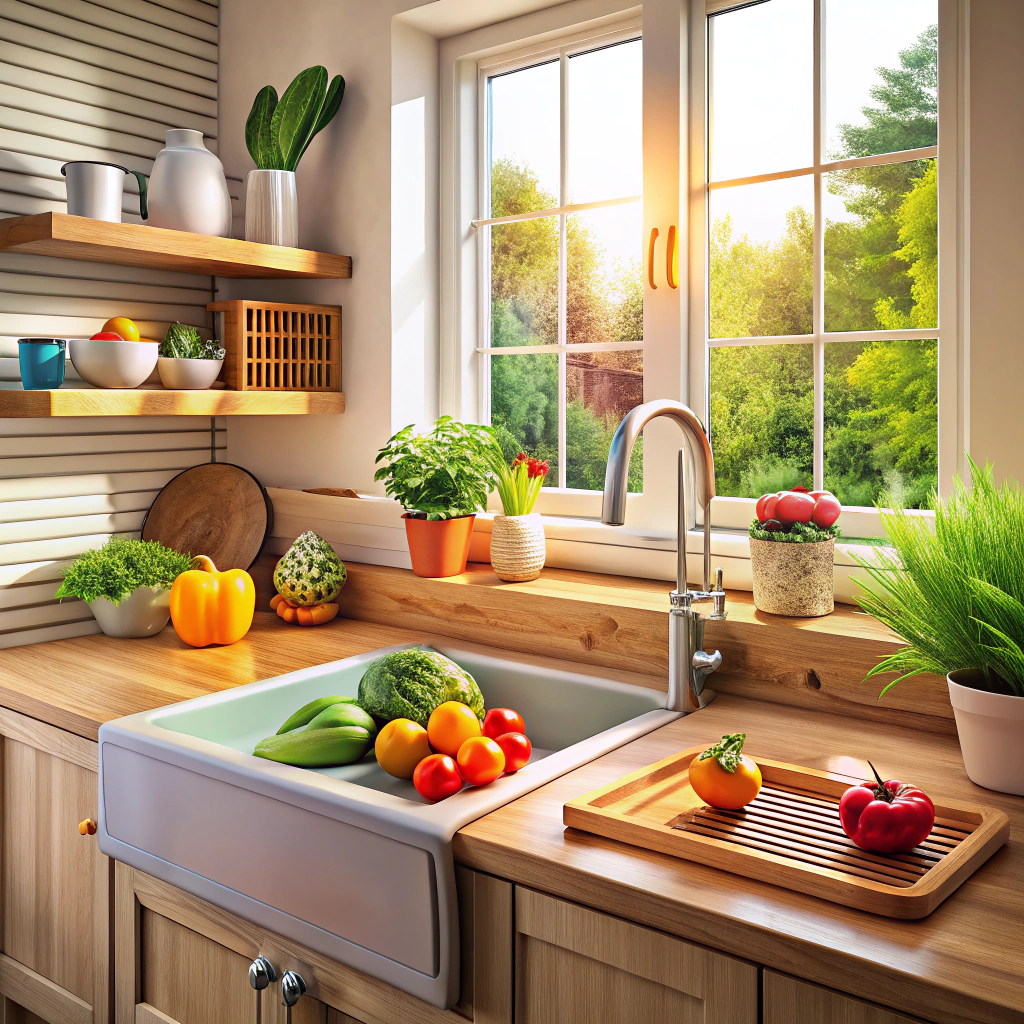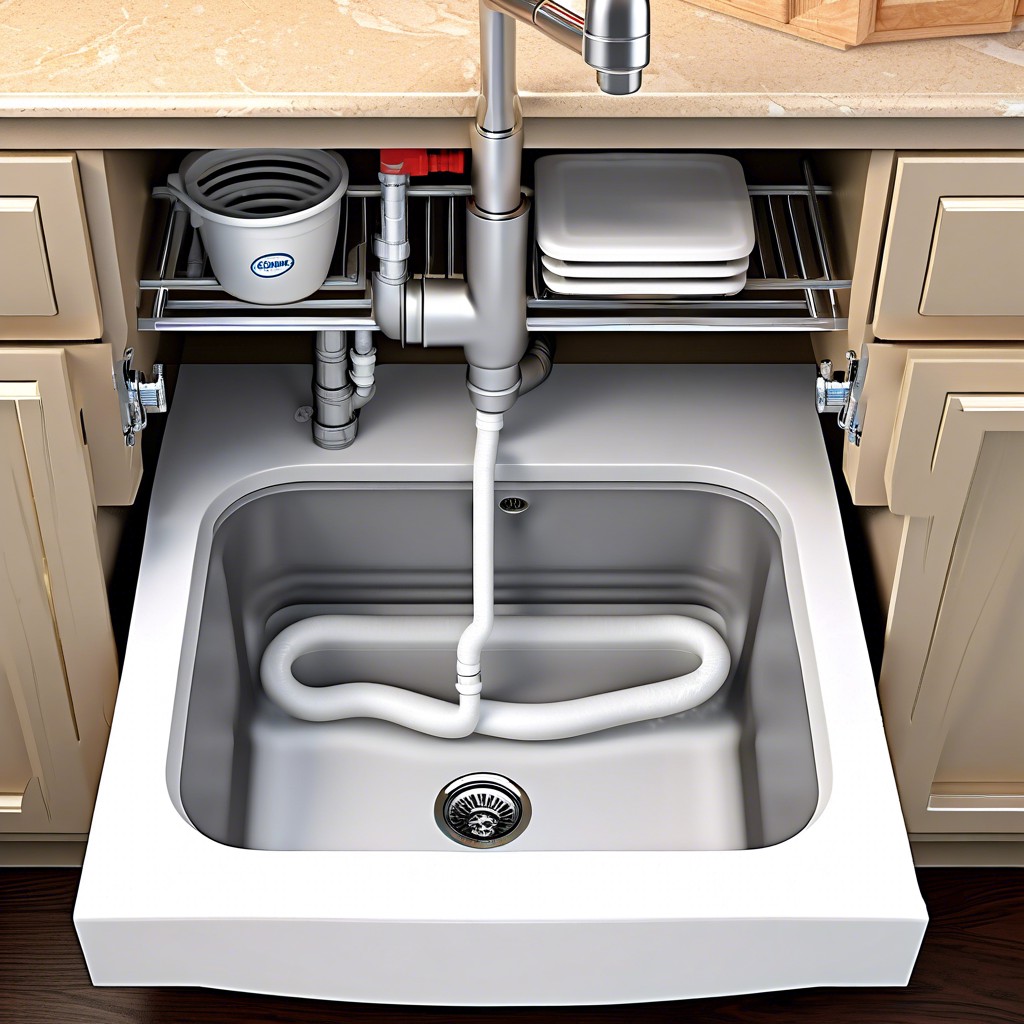Last updated on
Learn how to select the perfect kitchen trash can size that balances space efficiency with waste needs to keep your culinary haven tidy and functional.
Key takeaways:
- Balancing space, needs, and functionality for the perfect trash can size.
- Consider household trash output, meal habits, recycling practices, and space.
- Choose a size compatible with common trash bag sizes (13 gallons).
- Consider materials for durability and aesthetics (stainless steel, plastic, wood).
- Coordinate trash cans with recycling and composting solutions.
What's Inside
Considerations for Choosing the Right Kitchen Trash Can Size
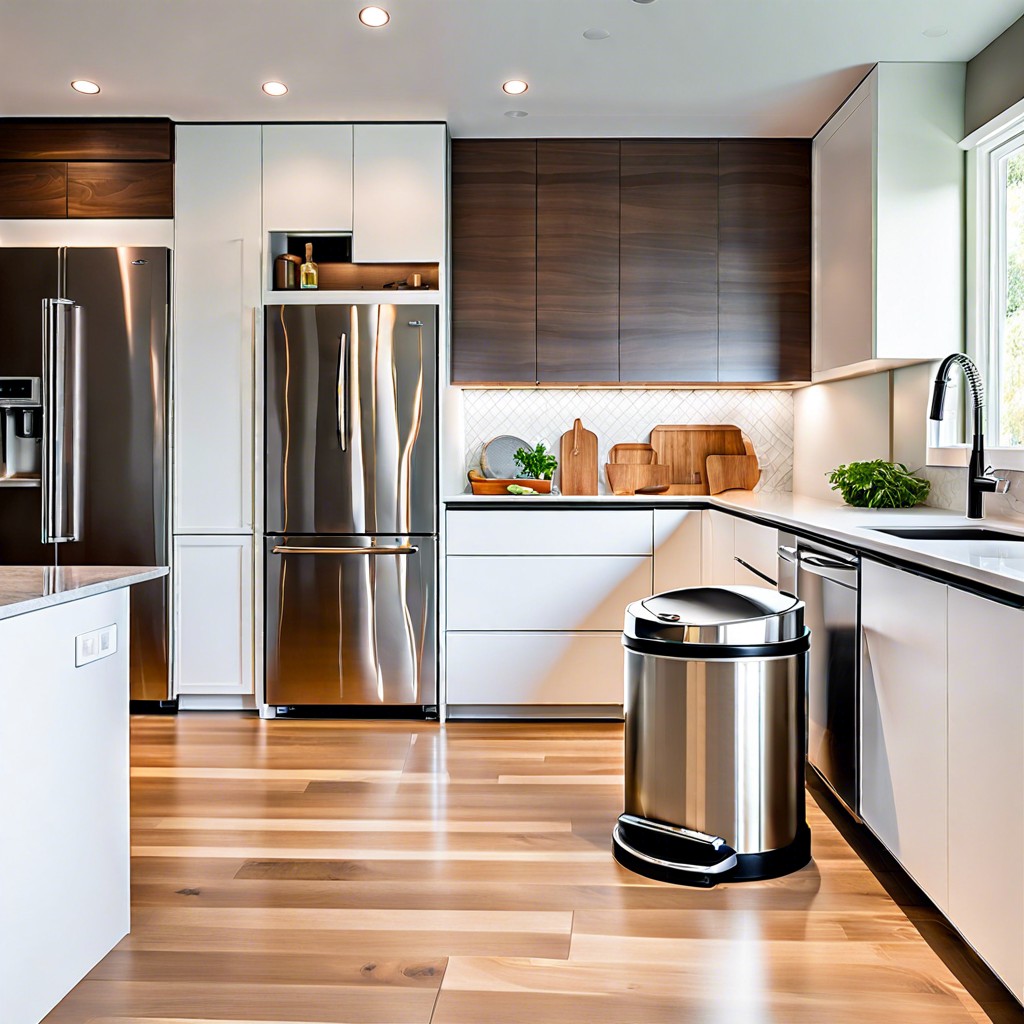
Deciding on the ideal size for a kitchen trash can hinges on balancing space, needs, and functionality. Daily waste generation varies by household, so a single person may be well-served by a smaller capacity, say 7-10 gallons, while a family could require 12-16 gallons or more.
Space is at a premium in many kitchens. Factor in the can’s location: a snug spot between cabinets calls for a slimmer, perhaps taller receptacle, whereas a larger kitchen may accommodate a wider, freestanding can. Remember, a trash can should not disrupt the flow of kitchen activity nor stick out as a sore thumb.
Moreover, the frequency of trash disposal plays a pivotal role. If you prefer not to take out the trash daily, opt for a larger can. Conversely, for those aiming for less odor or simply more frequent cycling of waste, a smaller bin encourages timely disposal.
It’s practical to choose a size that’s compatible with readily available trash bag sizes to avoid the annoyance of custom bags or awkward fits. Standard sizes — typically 13-gallon bags —are easily matched with corresponding cans, ensuring a snug fit and no bag overhang.
Assessing Your Household Trash Output
To estimate how much trash your household produces, start by monitoring your waste for a week. How often do you take the trash out? For a single person or a couple, a smaller can could suffice, typically ranging from 7 to 10 gallons. However, families or those who cook frequently might aim for a 12 to 16-gallon can to accommodate more waste.
Factor in meal habits; avid cooks or home entertainers may accumulate more trash. Do you order in often or prefer to dine out? Less home-cooked meals can mean less kitchen waste.
Consider your recycling practices. If you recycle diligently, this reduces the amount of waste needing a trip to the trash can, allowing for a smaller size.
The type of waste matters too. Lots of packaging or disposable items could demand a larger can, while a minimalist approach or a focus on reducing waste might lessen the need for space.
Lastly, assess the space in your kitchen. No matter the amount of trash, the can must fit comfortably in your designated area without hindering movement or accessibility.
Compatibility With Common Trash Bag Sizes
Choosing a trash can that matches common trash bag sizes can save you the headache of ill-fitting bags and unnecessary waste. Most kitchen trash bags come in sizes ranging from 4 to 30 gallons, correlating with smaller bins for bathrooms or offices up to larger bins for family kitchens.
Opt for a 13-gallon can if you want a size that’s compatible with the widely available tall kitchen bags. This standard size strikes a balance between not having to take the trash out too frequently and not letting it sit too long. It is a practical choice for many households and readily fits under most kitchen sinks or inside a pantry.
If you live alone or have a smaller kitchen, a can that accommodates 8-gallon bags might suffice and tuck neatly into tighter spaces. Conversely, for larger families or those who cook often, a 20 to 30-gallon can works better. These larger cans are typically designed for garage or outdoor spaces but can fit into a sizable kitchen and accommodate longer periods between bag changes.
Remember, a well-fitted bag makes for a tidier trash experience. Bags that are too small may slip and cause spills, while oversized bags might bunch up and waste space. Keep a measure of your bin’s height, width, and depth handy when shopping for liners to ensure a perfect fit.
Material Considerations for Durability and Aesthetics
Materials used in kitchen trash cans greatly influence both longevity and design. Stainless steel, often a favorite, excels in resilience and carries a modern look that complements many kitchen appliances. Though it may be prone to fingerprints, the material is typically easy to clean.
Plastic options are lightweight and cost-effective, coming in a multitude of colors and styles to match any kitchen decor. However, they may absorb odors and stain over time, which could lead to more frequent replacements.
Wooden trash cans, while not as common, provide a warm, natural aesthetic, and can be sealed for easy cleaning. They are often used as a container for a durable plastic bin inside, combining practicality with style.
Keep in mind that the finish and construction quality impact both the trash can’s appearance and its ability to withstand daily use. A matte finish might conceal smudges better than a glossy one, and a solid construction will withstand the inevitable banging from trash disposal activities.
Balancing durability with aesthetics will ensure that the kitchen trash can is both a functional asset and a harmonious addition to your kitchen’s ambiance.
Coordinating Trash Cans With Recycling and Composting Solutions
In an era where sustainability is more crucial than ever, your kitchen isn’t just a place for meal prep—it’s a center for waste management. While choosing the size of your trash can, consider how a recycling system and composting habits can impact your needs.
If you’re an avid recycler, separate bins for glass, plastics, and paper take the load off your main trash can. You may find a smaller trash receptacle suffices, reducing the temptation to toss recyclables in the garbage due to overflow.
Embracing composting? Organic scraps needn’t take up valuable trash can real estate. A small countertop bin designated for compost can not only make your kitchen more eco-friendly but can also influence the size of your trash can.
Size truly becomes a multifaceted decision when you synergize your trash can with recycling and composting. Aligning your kitchen setup with your environmental goals not only supports the planet but also streamlines your domestic life.
